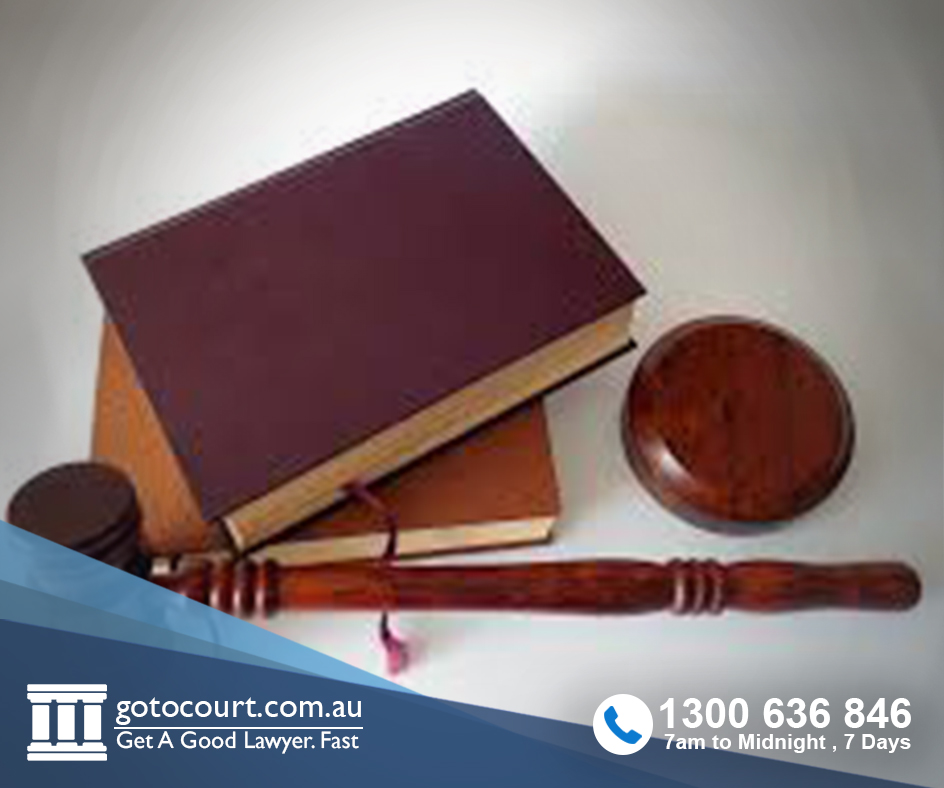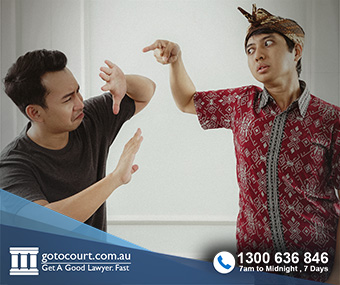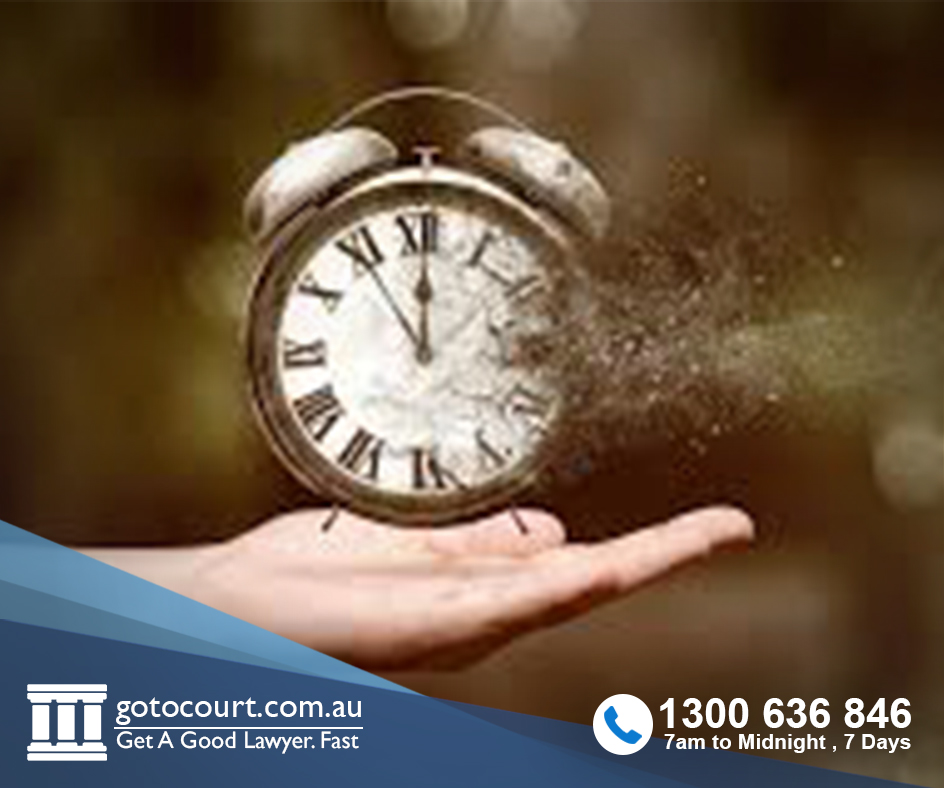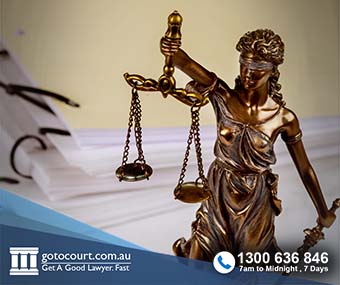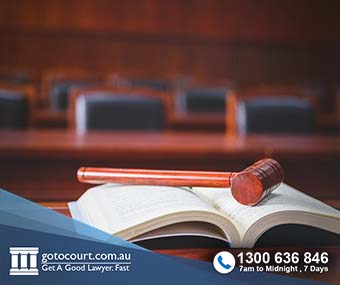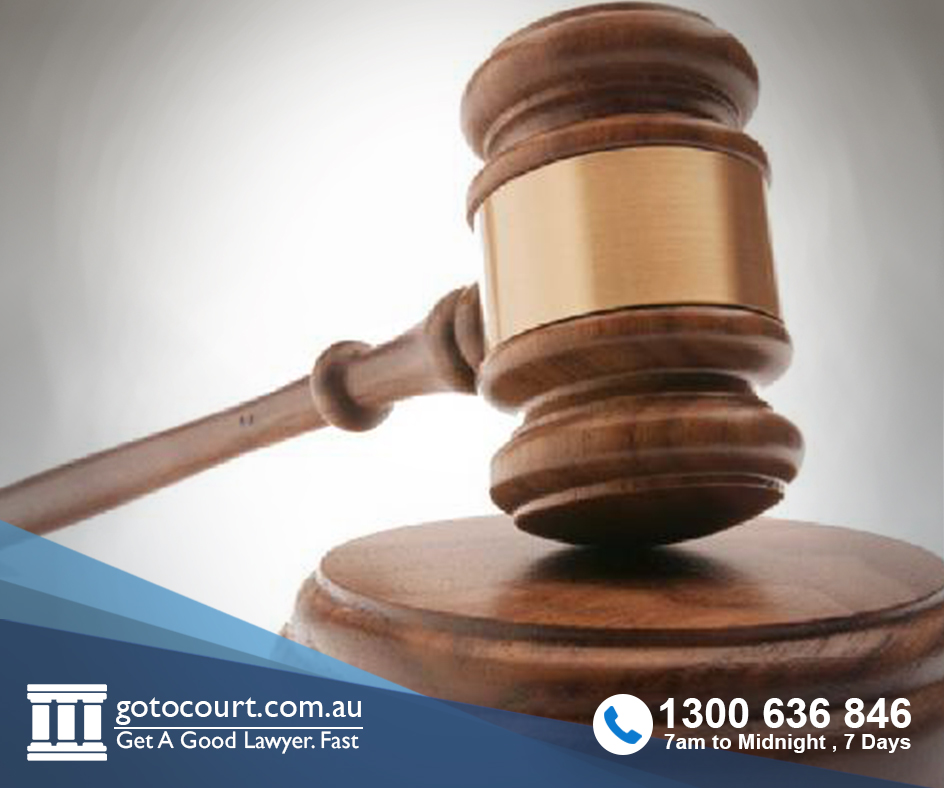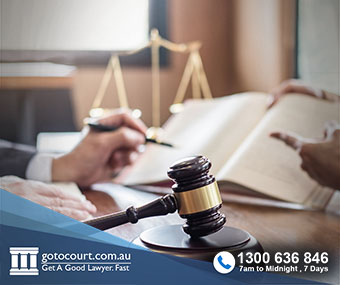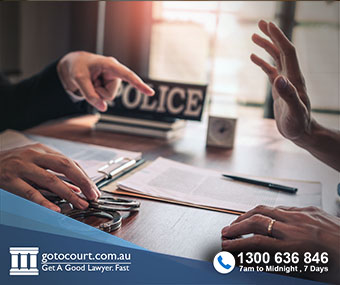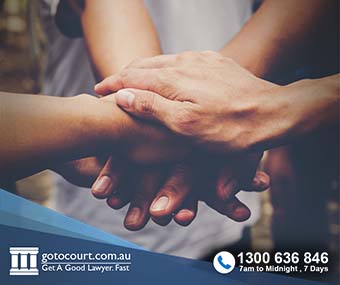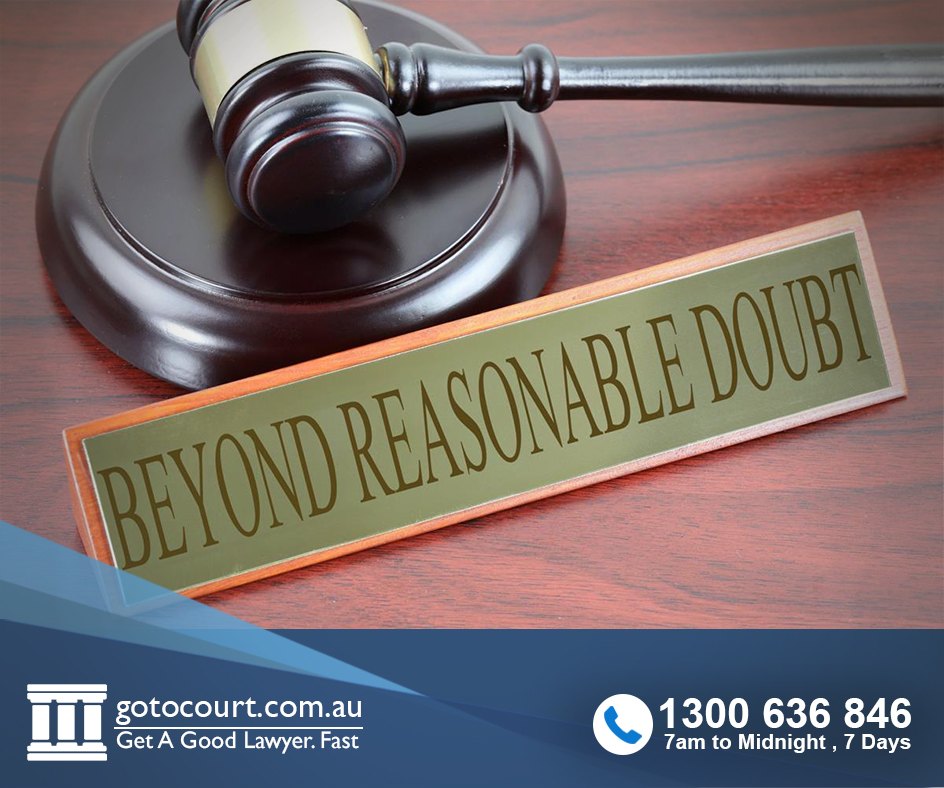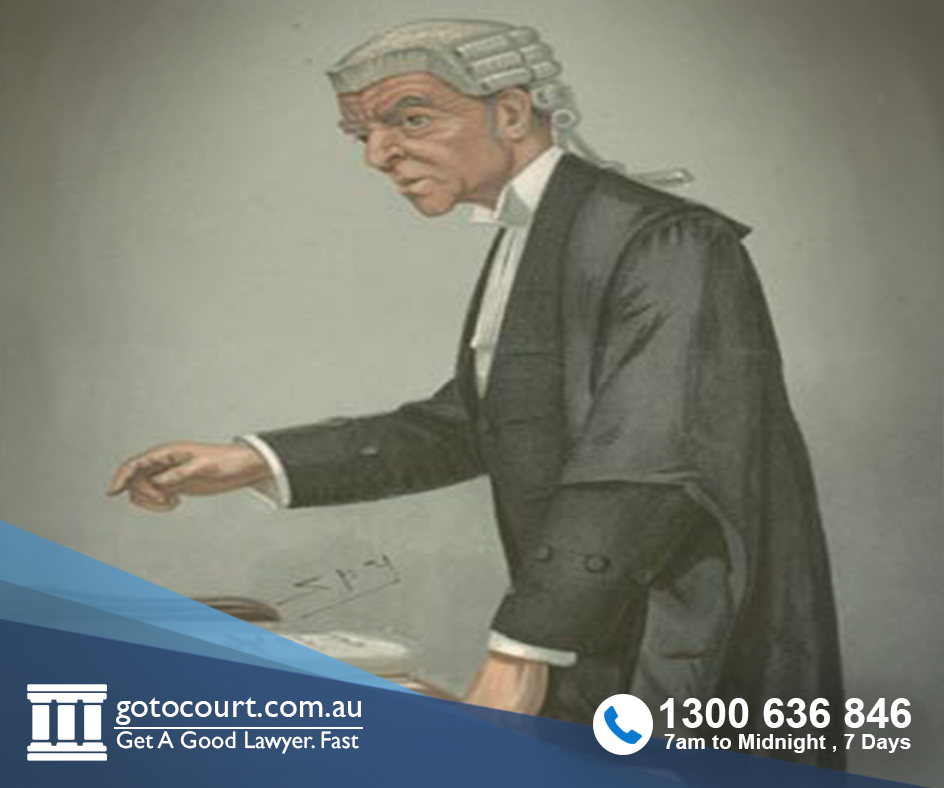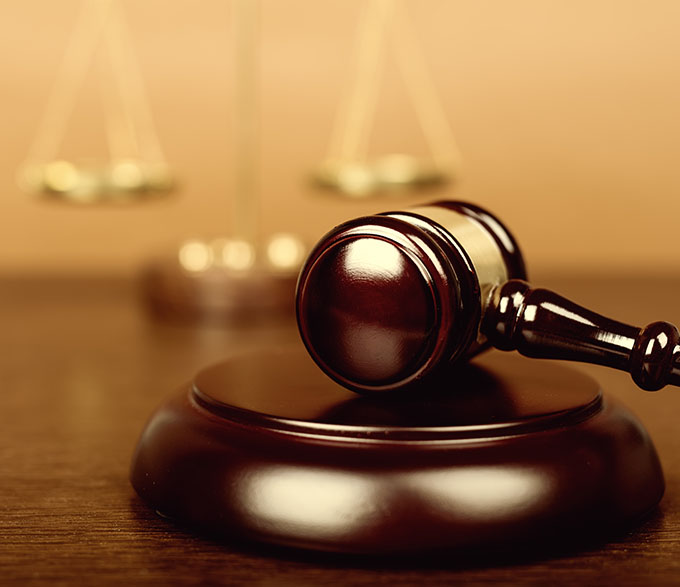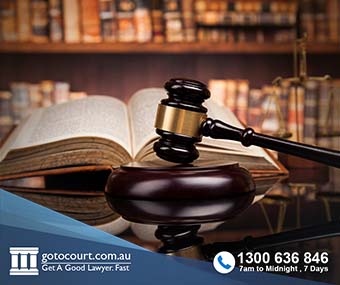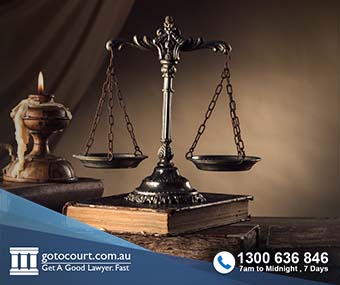What is a Voir Dire? (NSW)
What is a Voir Dire? (NSW)
A voir dire is a pre-trial procedure used to determine the admissibility of particular evidence. It occurs when one party challenges the admissibility of evidence the other party proposes to adduce. A voir dire consists of the court making findings of fact and applying the law after hearing evidence and submissions.
Voir dires can occur in criminal and in civil matters. This article will deal with criminal voir dires.
Why hold a voir dire?
A voir dire will occur when it is necessary for a judge or magistrate to determine questions of evidence law prior to a trial or contested hearing. The following are examples of issues that require a voir dire to be determined:
- Whether an admission was made voluntarily
- Whether a witness is entitled to claim privilege
- Whether a police search was conducted lawfully
Requesting a voir dire
A party does not have a right to a voir dire. A voir dire may be granted by the court where a party has identified a purpose for a voir dire and the evidence proposed to be adduced. A voir dire is usually not necessary where the evidence has been heard during a committal hearing.
The court will not allow a voir dire if it considers the party is seeking to use the proceeding for an improper purpose.
Conduct of a voir dire
A voir dire may be heard in the Local Court (where the matter is to proceeding to a contested hearing before a Magistrate) or in the Supreme Court or District Court (where the matter is proceeding to trial before a judge alone or before a judge and jury). A witness’s evidence given during a voir dire does not form part of the evidence in the trial or hearing.
Where a party is seeking to exclude evidence that is admissible on the face of it, that party bears the onus of showing the court that the evidence should be excluded. Most often it is the defence that is seeking to have evidence excluded. However, there are some circumstances where the prosecution will be seeking to exclude evidence that the defence is seeking to adduce.
Parties may call any competent witness to give evidence in a voir dire. The judge determines whether a party may cross-examine a witness and may question witnesses to clarify issues. The judge may discontinue the voir dire if continuing it is unlikely to be useful.
Voir dires are almost always conducted in the absence of the jury.
Improperly obtained evidence
Under Section 138 of the Evidence Act, evidence that was obtained unlawfully is not to be admitted unless the desirability of admitting the evidence outweighs the undesirability of admitting evidence that has been unlawfully obtained.
In determining whether to admit such evidence the court may take into account:
- The probative value of the evidence
- Its importance in the proceeding
- The nature of the offence and the defence
- The gravity of the impropriety in how the evidence was obtained, whether it was deliberate or reckless and whether it amounted to a contravention of an established human right
- The difficulty of obtaining the evidence without the impropriety
- Whether any other proceeding has been taken in relation to the impropriety
Cautions
An admission obtained during questioning was obtained unlawfully if the person doing the questioning:
- Did or failed to do something knowing it was likely to substantially impair the ability of the person being questioned to respond rationally to the questioning;
- Made a false statement in the course of the questioning knowing it was false and that making the statement was likely to cause the person to make an admission.
Prejudicial evidence
Under Section 137, the court must refuse to admit evidence in criminal proceedings where the prejudice to the defendant outweigh the probative value of the evidence.
Outcome of voir dire
If the evidence that is the subject of a voir dire is ruled admissible it may be adduced in the trial or contested hearing. If the evidence is ruled inadmissible or excluded via the exercise of judicial discretion, it must not be adduced or referred to during the trial or hearing. If the matter is to be tried by a jury, the jury will not be informed of the nature of the voir dire that has occurred. If the trial is to be heard by judge alone (or by a magistrate), he or she must not take into account the evidence heard during the voir dire.
If you require legal advice or representation in a criminal law matte r or in any other legal matter, please contact Go To Court Lawyers.

Affordable Lawyers
Our Go To Court Lawyers will assist you in all areas of law. We specialise in providing legal advice urgently – at the time when you need it most. If you need a lawyer right now, today, we can help you – no matter where you are in Australia.How It Works




1. You speak directly to a lawyer
When you call the Go To Court Legal Hotline, you will be connected directly to a lawyer, every time.

2. Get your legal situation assessed
We determine the best way forward in your legal matter, free of charge. If you want to go ahead and book a face-to-face appointment, we will connect you with a specialist in your local area.

3. We arrange everything as needed
If you want to go ahead and book a fact-to-face appointment, we will connect you with a specialist in your local area no matter where you are and even at very short notice.




